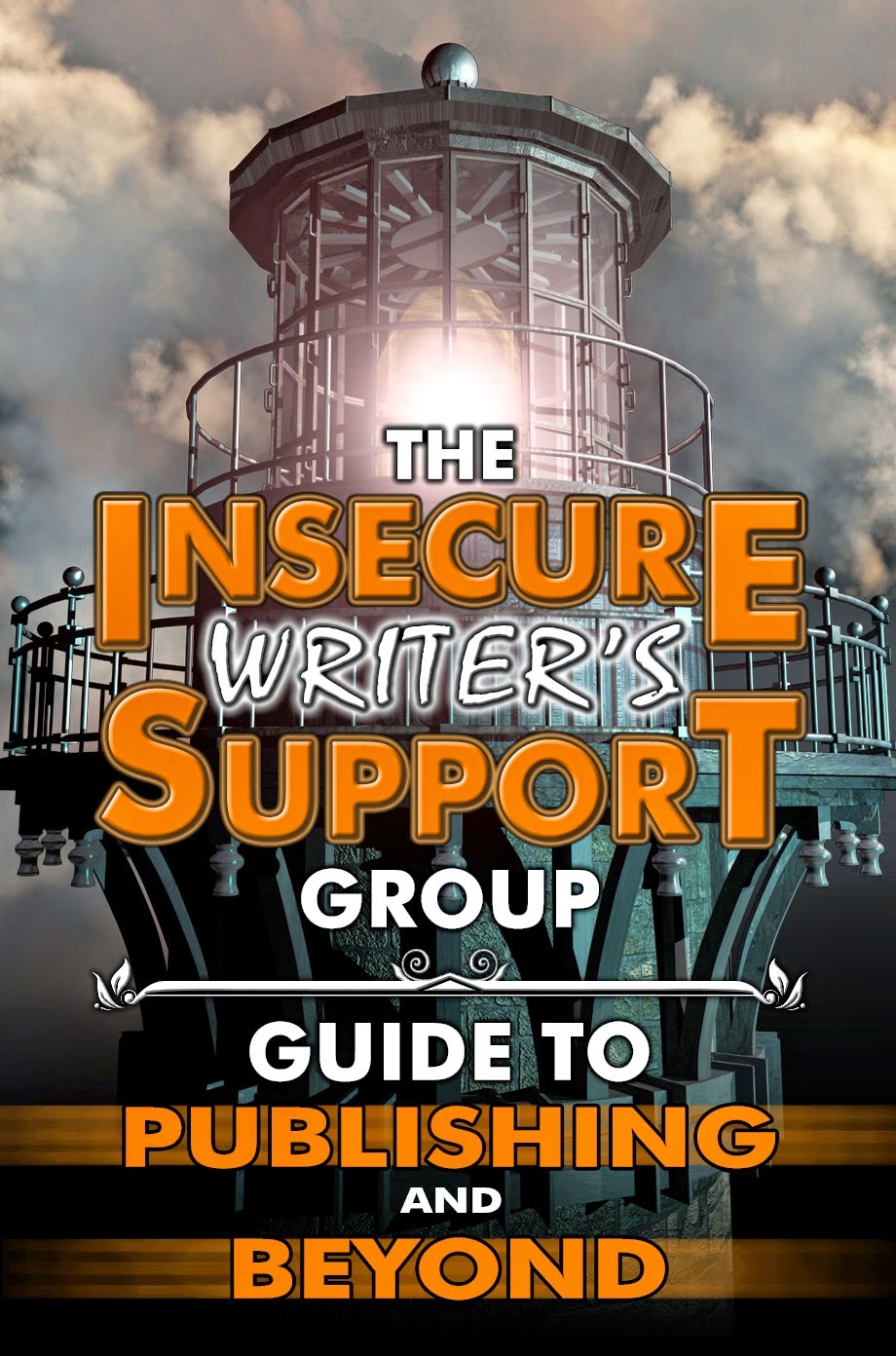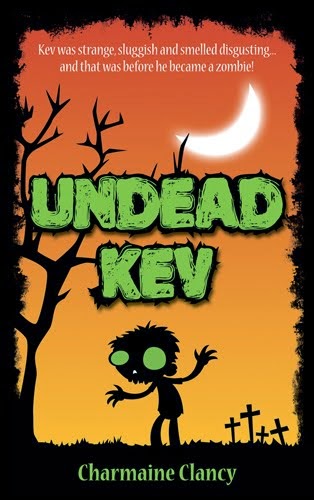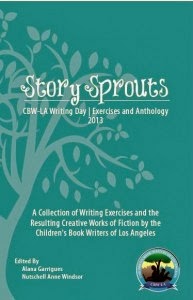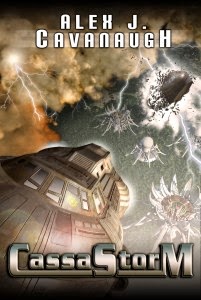This is part of an ongoing series of weird and wonderful stories from off the beaten path. Others in the series can be found here.
This post is in two parts. Firstly a look at the latest book from Haruki Murakami, probably the bestselling ‘cult’ author in the world. And secondly a few thoughts on the power of story over technique. If you’re telling an engrossing tale, does it really matter how you go about it?
1Q84 by Haruki Murakami is a science-fiction story. Sort of. It’s set in a parallel 1984, that is more or less identical to the real 1984. Except for the two moons in the sky (that only a few people notice). It is about two people, a lonely young woman, and an aspiring novelist. And it is about a fantastical group of Little People who are trying to control the balance of good and evil in the world.



































































































